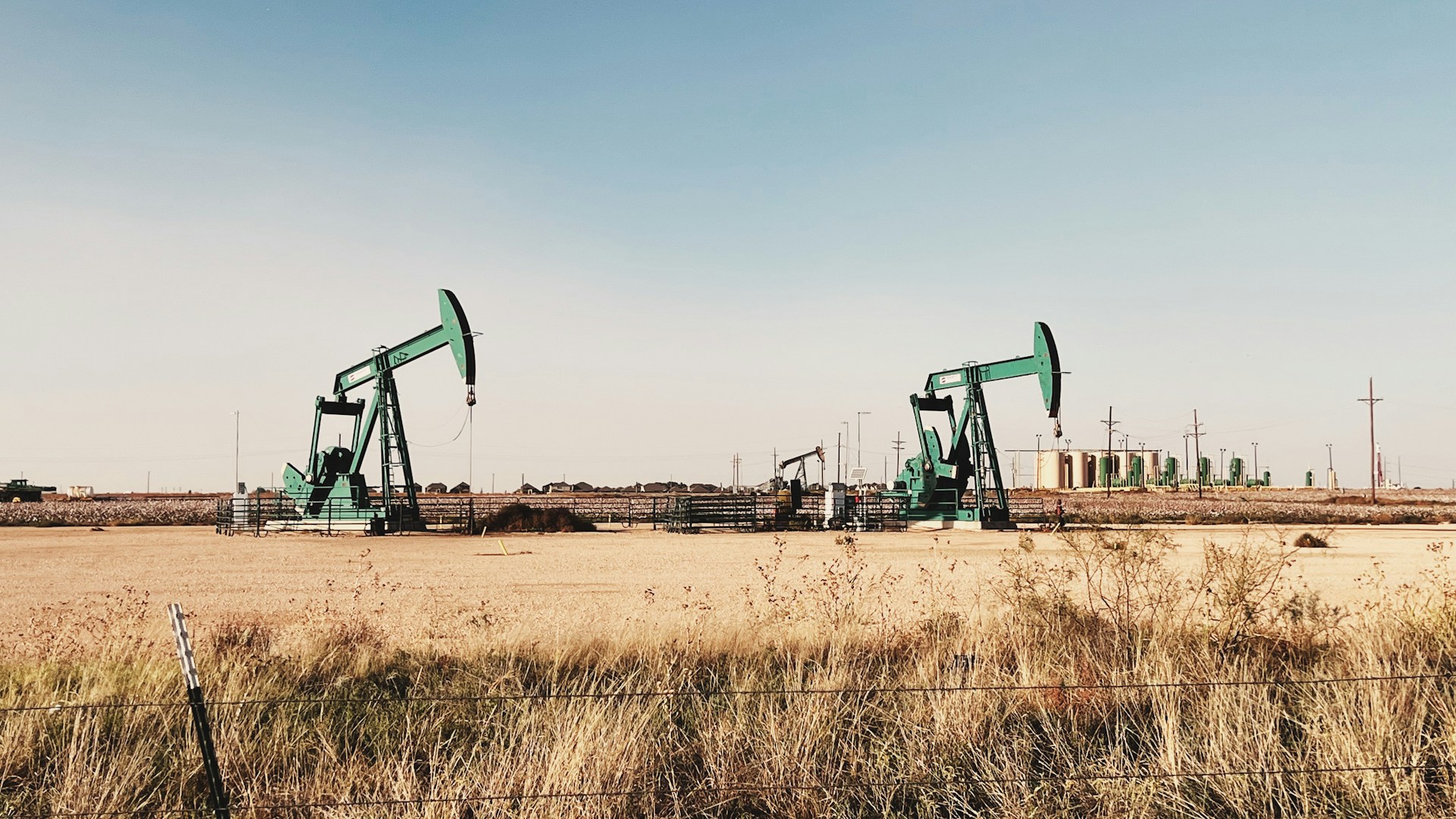Frequently Asked Questions About Working for Oilfield Services
Working in oilfields provides opportunities to make a good living while performing an essential service for energy production. However, you probably have lots of questions if you’re new to the industry. Keep reading for answers to frequently asked questions about oilfield services.
Contents
What Exactly Do Oilfield Service Companies Do?
Oilfield service companies perform support services related to oil and gas extraction. They are contracted by operators to provide specialized equipment, knowledge, and manpower to complete jobs safely and efficiently. Common services include well drilling, cementing and stimulation, workovers, completions, transportation, construction, maintenance, and more. The goal is helping operators explore, drill, and extract hydrocarbons like oil and natural gas.
What Types of Jobs Are Available?
There is a wide variety of oilfield jobs depending on your skills and interests. On the operations side, you’ll find floorhands, derrickhands, roustabouts, and more who handle physical oilfield work. Engineers design drilling plans and solve technical problems. Truck drivers transport water, sand, chemicals, and equipment. Welders and mechanics maintain equipment and infrastructure. Admins handle paperwork, procurement, HR, IT, and camp services. The list goes on.
What Kind of Schedule Do Oilfield Workers Keep?
Schedules vary greatly depending on your role. Rotational shiftwork is common for field personnel. You may work 7 days on/7 days off or 14 days on/7 off. Hours are long, frequently 12+ per shift. Supervisors, engineers, office staff, and specialized techs often work more traditional schedules. Schedule flexibility is limited due to the 24/7 nature of oilfield operations. Overtime is readily available for extra cash.
What Qualifications and Training Do I Need?
Entry-level jobs like roustabout require a high school diploma/GED and a valid driver’s license. No experience is needed since you’ll receive on-the-job training. Other roles like equipment operator or diesel mechanic may prefer vocational certifications. Engineers, geologists, and other professionals need related university degrees. Many oilfield employers provide or reimburse for training to build specific skills. Being a lifelong learner is a must.
Is Oilfield Work Dangerous?
Safety is a huge priority, but hazards exist. You must remain alert around heavy machinery, motor vehicles, hazardous chemicals, flammable materials, extreme weather, and more. Most companies require extensive safety training and provide proper protective gear. Still, injuries can happen if you get careless. Don’t take shortcuts. Follow all safety protocols to protect yourself and your colleagues.
What Are the Pros of Working in Oilfields?
Oilfield work provides excellent wages due to long hours and remote locations. Six-figure salaries are common for experienced personnel. Many companies offer generous benefits and perks, like job bonuses, retirement savings plans, overtime pay, meal allowances, and more. Your skills are in high demand, giving you leverage to negotiate favorable compensation. Careers can progress rapidly with the right drive.
What Are the Cons of Oilfield Work?
The biggest downside is you sacrifice work-life balance by working long hitches away from home. Also, layoffs happen periodically when oil prices slump. The outdoors work can be tough in harsh weather conditions. Lastly, while safety is preached, injury risk exists depending on your role. Weigh these cons against the many pros before deciding if oilfields are right for you.
Hopefully, these answers help give you a better idea of what to expect working in oilfield services. Of course, experiences vary between companies, locations, and individual roles. If you have the drive and determination, an oilfield career can be extremely rewarding, both financially and in developing technical expertise. Just weigh the pros and cons carefully before jumping in.

